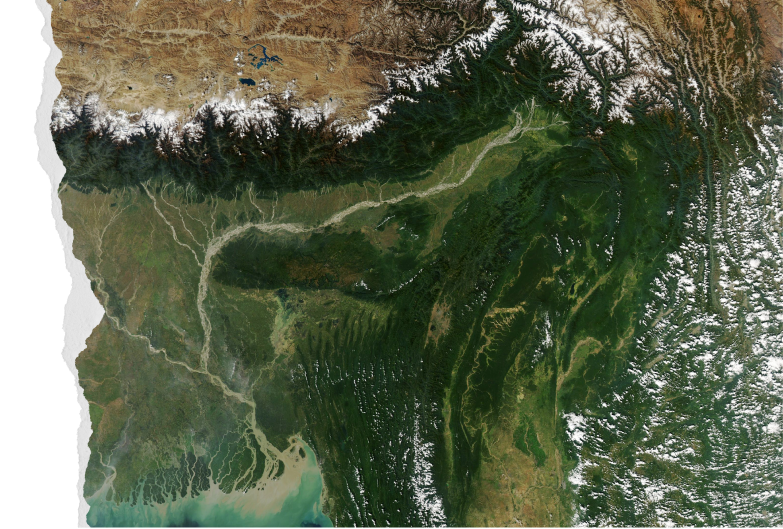Journal
Collective deliberation or just the state (in)action: how do we change the hydrodiplomacy landscape in South Asia?
Water Policy, Vol. 25, Issue no. 1 , pp. 15-22
Natasha Hazarika, Anamika Barua, Sumit Vij, Arundhati Deka, Lena Salame
Hydrodiplomacy in South Asia is in a nascent stage, primarily focusing on data exchange and limited state-to-state interactions, leaving aside an array of organic approaches to understand the facets of water diplomacy and governance. This perspective piece is based on a series of webinars to identify ways to bridge these gaps in hydrodiplomacy in South Asia, highlighting the merit of multi-track diplomacy for embracing the plurality of interests and decision-making. The piece concludes that it is pertinent to build capacities for improving science-media communication, acknowledging and strategizing power asymmetry, and implementing international water law to guide water diplomacy.
